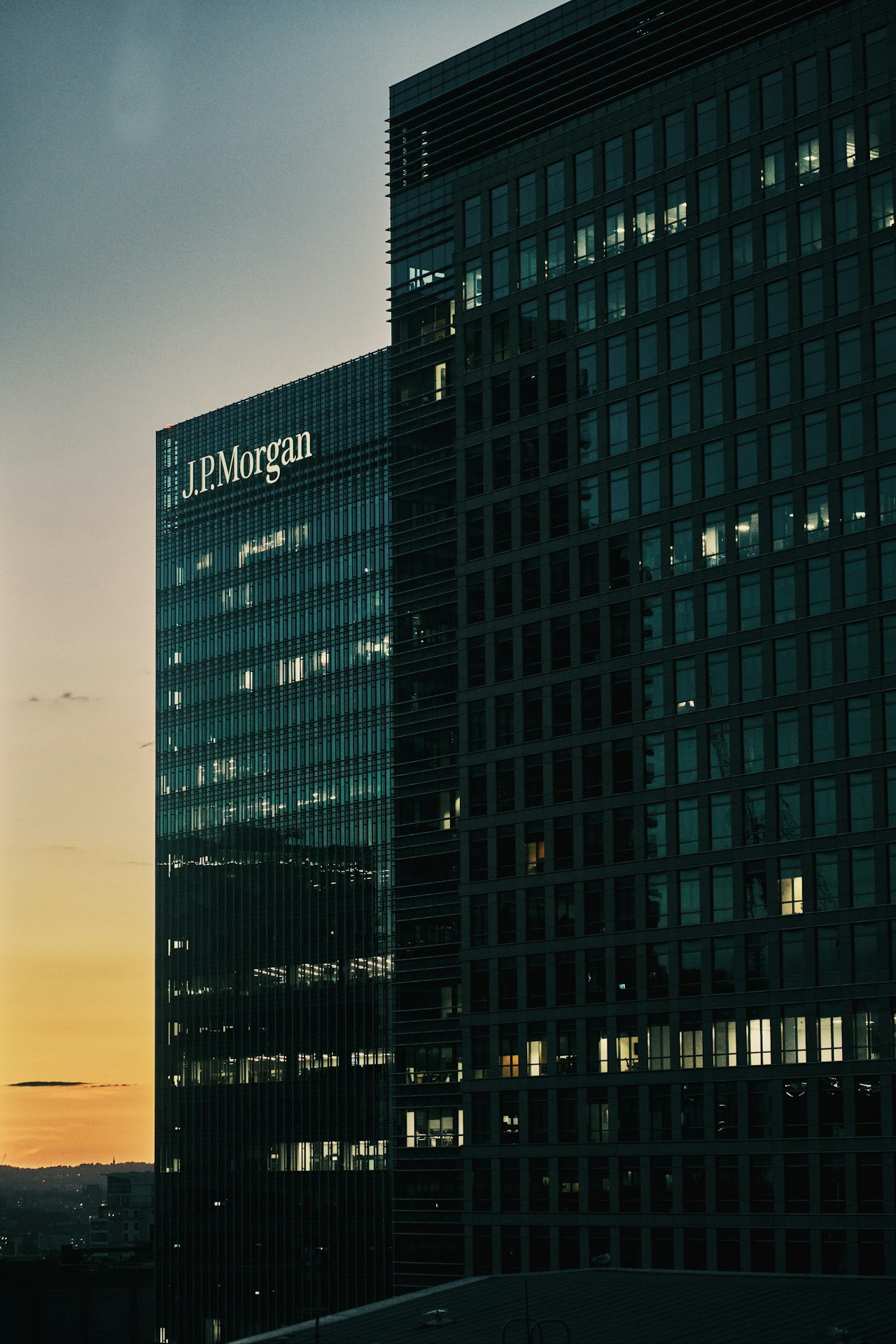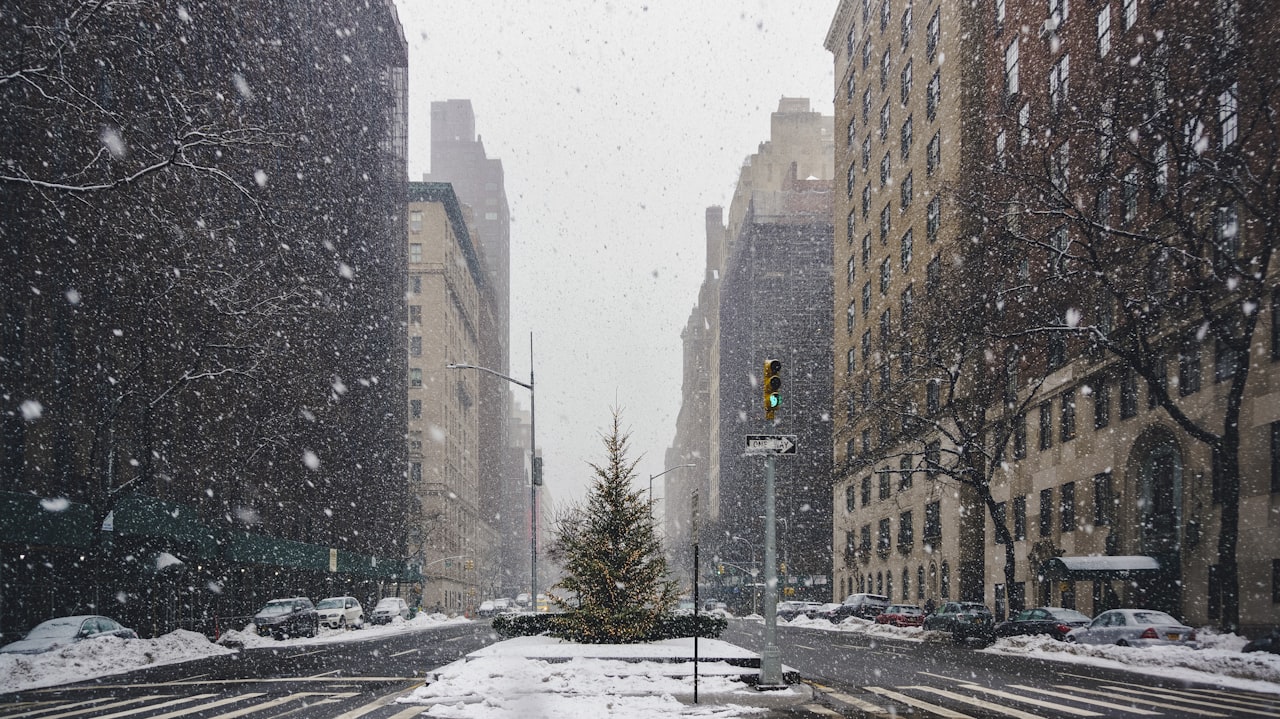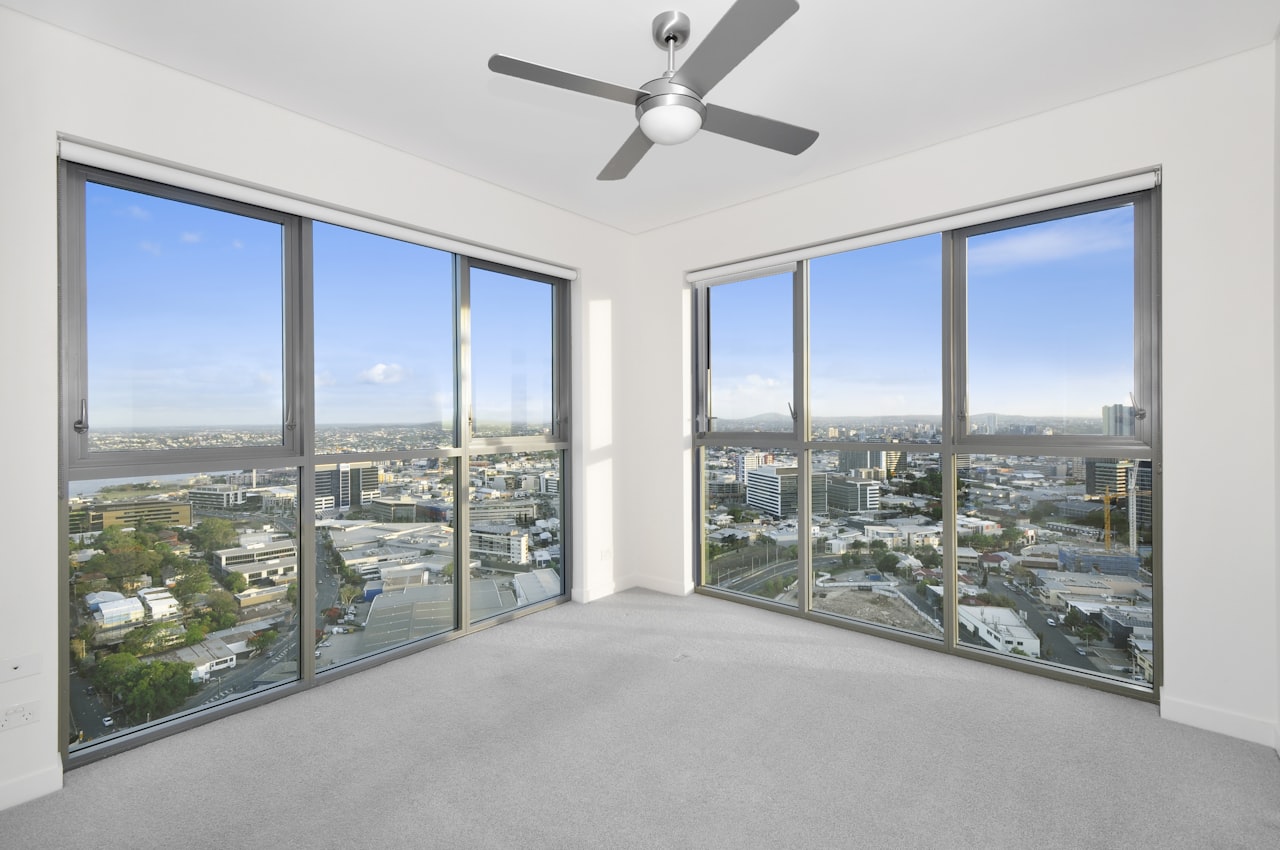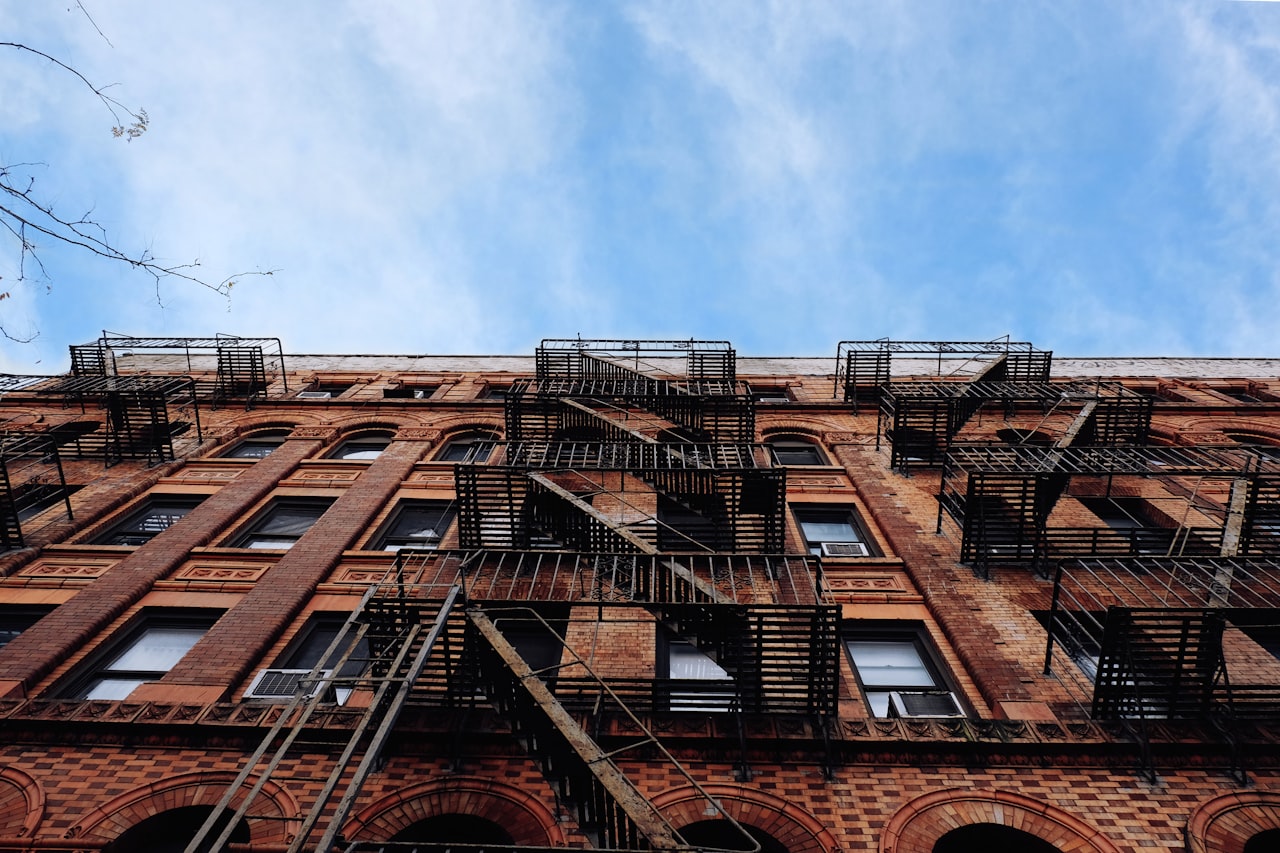While interest rates remain historically low and the economy remains solid, many buyers still sat on the sidelines to start the year. Prices have stabilized and we have the makings of what should be a busy market. However, political and coronavirus headlines have taken effect, and have led to uncertainty in financial and real estate markets.
Additionally, New York real estate laws have been rapidly changing, leading to even further uncertainty. In 2019 we saw rent reforms and increased transfer/mansion taxes. Just this month we saw a new interpretation of a law that would require landlords to pay broker fees, rather than an incoming tenant, and then that was put on hold shortly after. There are also still rumblings of universal rent control and pied-e-terre taxes on the horizon.
Rental Commission Confusion The Department of State (DOS) Division of Licensing came out on January 31st with new guidance to residential real estate brokers. Their guidance states that based on the language in the Tenant Protection Act of 2019, it would now be illegal for a Landlord’s Agent to collect a broker fee from a tenant. This came months after the new law was passed, and appears to have come about from vague language written into the law rather than lawmakers actual intentions. The Real Estate Board of New York, with the support of many major brokerages, filed a lawsuit immediately after this guidance was given. They were successful in getting a judge to file a restraining order against DOS. On March 13 we'll have more information and clarity on the law and how it will be interpreted moving forward, but if fees are completely shifted from tenants to landlords we expect to see those baked into increased rents and passed back to tenants.
One Step Closer To Universal Rent Control A bill proposed by State Senator Julia Salazar known as Good Cause Eviction is gaining steam in Albany. A majority of Democratic legislators in both the Senate and Assembly now support the legislation. This bill would make virtually all residential property in Manhattan subject to rent regulation and require landlords to renew a tenant's lease, unless they have ‘good cause’ not to. A revision in the bill earlier this week would allow for a rent increase of 3% or 150% of the Consumer Price Index, whichever is higher.
Luxury Market Finding a Balance The first week of February saw 26 contracts above $4M signed, the most since November 2019. It also saw more Manhattan townhouses go into contract, 7, than any other week since June 2016. More and more luxury sellers are pricing correctly leading to an uptick in contract activity in that sector.
Stuck in Wait and See Mode Across the country there are still buyers who want to wait to buy when the next recession hits: they may have to wait for quite some time. How did the country’s housing market fare historically during recessionary periods? Based on what’s happened in past recessions, a report by First American Financial Services argues that the next recession is unlikely to prompt a major downturn in housing. The growth in home prices seen during the current economic expansion hasn't been fueled by increased access to mortgage credit. It's more about supply and demand: Many Americans want to become homeowners, but the supply of homes available for sale is very low, pushing prices upward. While this has made the prospect of buying a home unaffordable for millions of Americans, it has also meant that those who are homeowners have seen their home equity grow substantially in recent years. That decreases the likelihood that they would be underwater on their loan if home prices were to dip in a recession.

























































































